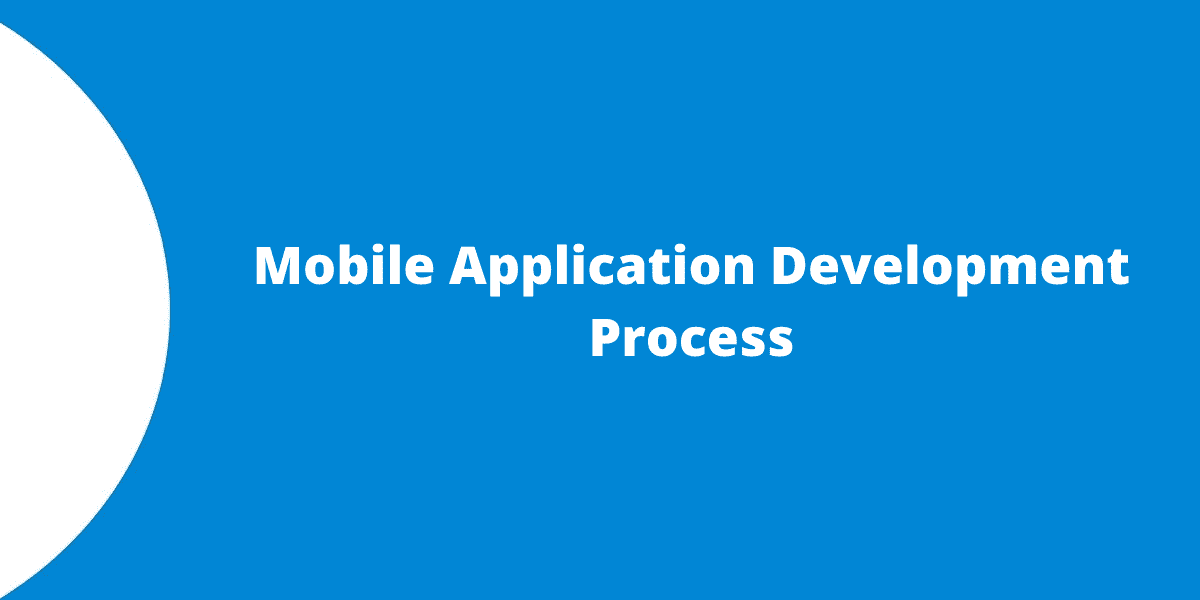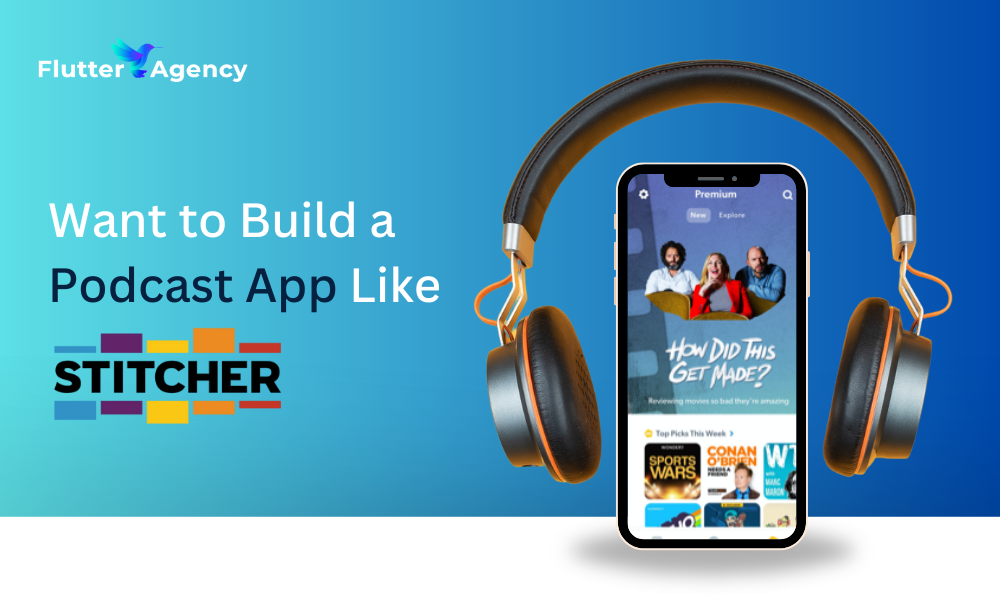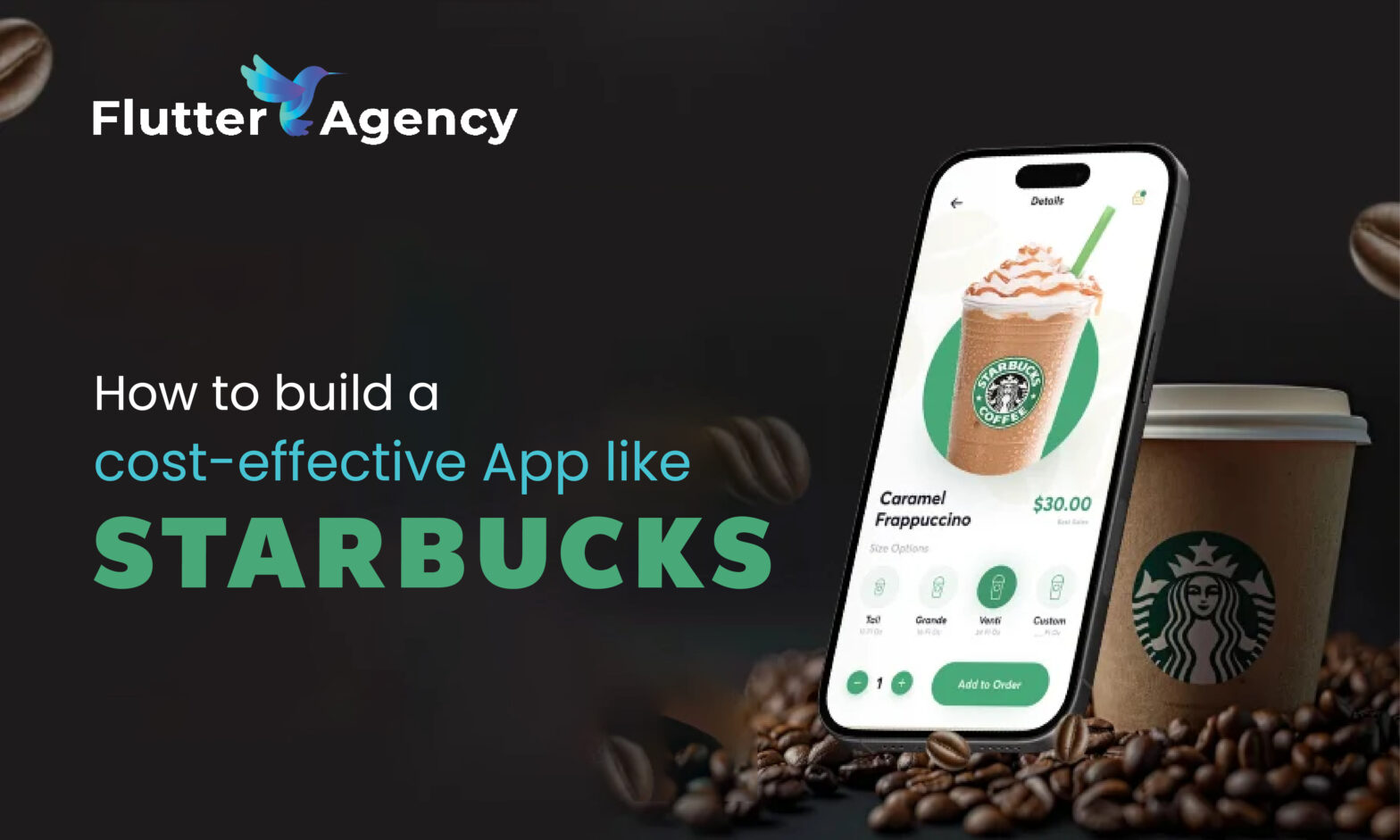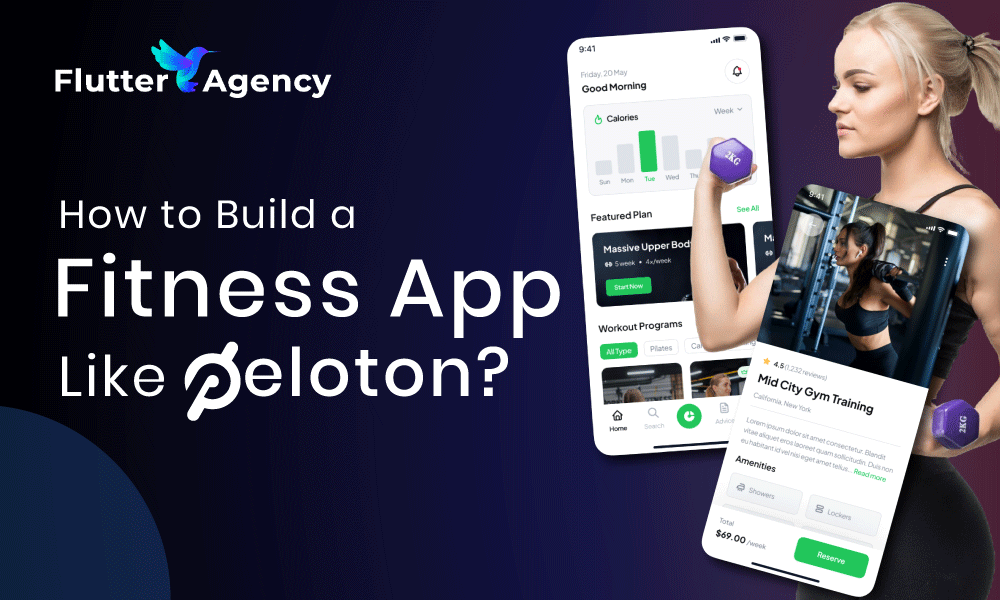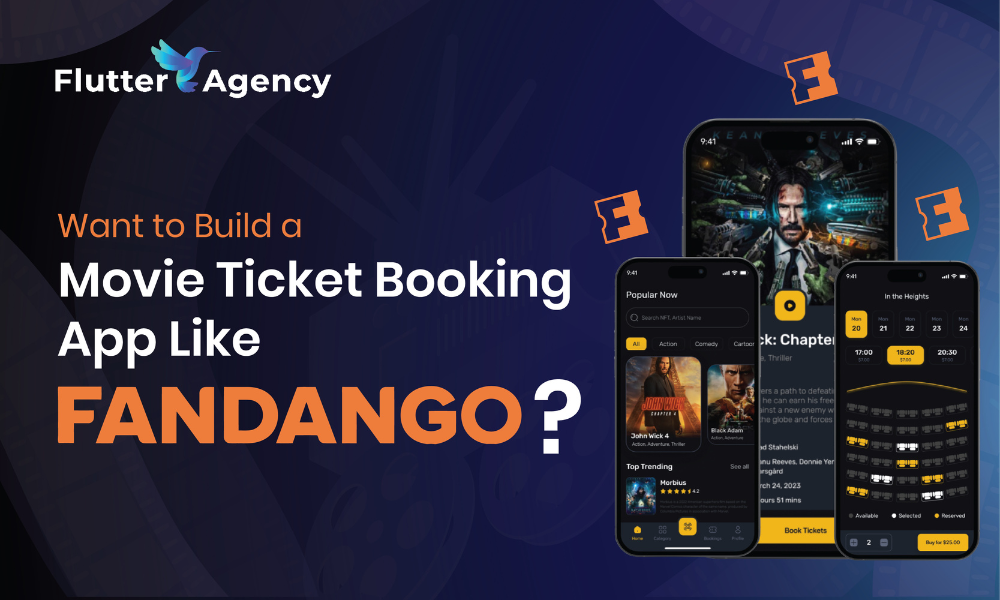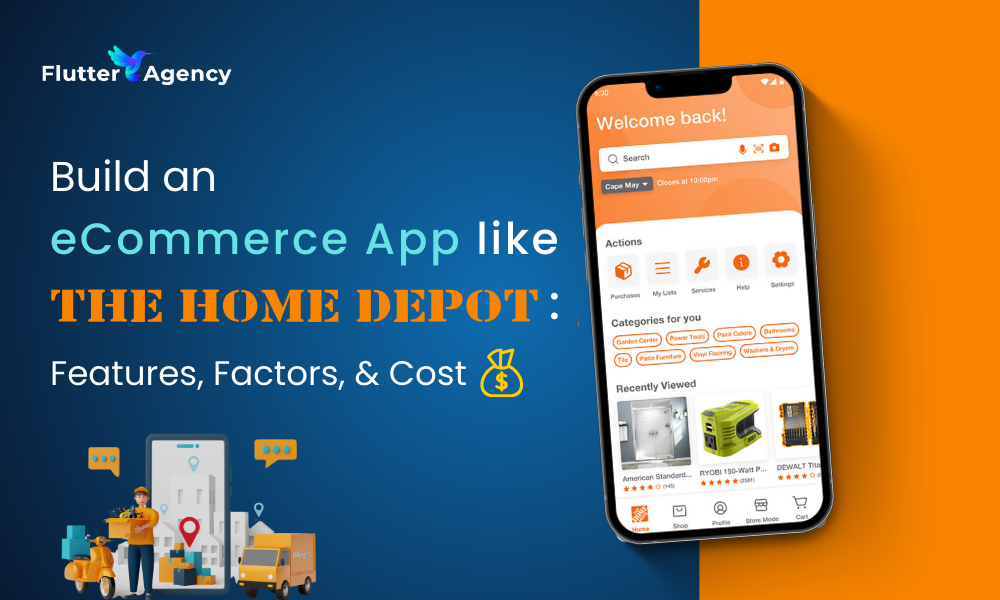Mobile Application Development Process
Mobile Application Development Process
Thousands of mobile apps are published daily on Google Play and Apple App Store. Some of these mobile apps are games- others are social networks. And many are e-commerce apps. So success in the competitive landscape of these growth projections can become a reality for your company. But only if a precisely developed mobile application development process.
So as a custom mobile app development company. Flutter Agency has developed several mobile applications on Android and iOS platforms. We know every step required to build up a successful mobile application.
So many companies are trying to take advantage of the mobile application development trend. But only a few people know how to build an app successfully. And we spread an impressive app development process flow over six main phases.
So with the size and scope of your project. Following this development process will make your enterprise mobile app development initiative a success.
1- Strategy
The first step of the mobile app development process is defining the strategy. And- developing your idea into a successful app. You can incorporate a more substantial part of this into your overall enterprise mobility strategy.
So the purposes of one app may differ from another. So there is still an app-specific impact on the mobility strategy. And to be addressed during the development process.
In this step, you have to:
- Identify App Users
- Research The Competition
- Establish The Goals And Objectives Of The App
- Choose A Mobile Platform For Your App
2- Analysis And Planning
At this stage, your app idea takes shape and turns into an authentic project. Analysis and planning start with defining the use cases. And- capturing detailed functional requirements.
After identifying the provisions for your app, create a product roadmap. So it includes prioritizing the mobile app and grouping them into delivery milestones.
So part of the planning phase includes identifying the skills needed for your app development initiative. And if your goal is to make a mobile app for both iOS and Android mobile platforms. So your mobile development team should comprise iOS developers and Android developers.
3- UI/UX Design
The app’s design aims to deliver seamlessly. And smooth user experience with an elegant look. So the success of a mobile app is determined by how well users are adapting. And- having the advantage of all its benefits.
So the goal of mobile app UI/UX design is to create an excellent user experience. And cause your app collective, perceptive and user-friendly. But the polished UI design will help in early adoption. So your app needs to have a seamless user experience to keep the users of the app engaged.
4- App Development
So planning persists as an integral part of this phase in the mobile app development process. But before the actual development/programming effort begins, you must:
- Define technical architecture,
- Choose a technology stack, and
- Define development milestones.
So we make a typical mobile app project of three integral parts: the back-end/server technology, the API(s), and the mobile app front-end.
Back-end/server technology
This part contains the database and server-side objects needed for the helper functions of your mobile app. But if you are using an existing back-end platform. So later modifications may require supporting the desired mobile functionality.
API
An Application Programming Interface (API) is a structure of communication. Between the app and the back-end server/database.
Mobile App Front-End
The front-end is the native mobile app that the end-user will use. So in most cases, mobile apps have interactive user experiences. And use API and back-end to manage the data.
But sometimes, when an app needs to allow users to function without internet access, the app may use local data storage. So you can use almost any web programming language and database for the back-end. As it completes each development milestone, it gives to the app testing team for verification.
5- Testing
So- performing thorough Quality Assurance (QA) testing during the mobile app development process. And makes the application stable, usable, and secure. But to be sure extensive QA testing of your app. So you first create test cases that address all aspects of application testing.
The test cases are for performing the test phase, recording test results for software quality evaluation, and tracking fixes for retesting. A best practice approach is to involve your QA team in the analysis and design phases. And your app must go through the following testing methods to provide a quality mobility solution.
User Experience Test
An essential step in mobile app testing is to ensure that there is a final implementation. And the app matches the user experience created by the design team.
Your app’s visuals, workflow, and interactivity are what will give your end-users the first impression of your app. But make sure your app employs consistent fonts, style treatment. And color scheme, padding between data, icon design, and navigation.
Ensuring that your app matches the core design guidelines will have a direct impact on user adoption!
Functional Testing
So the accuracy of your mobile app’s functionality is critical to its success. But it is difficult to predict the behavior and usage scenario of each end-user. And we should test the functionality of your app by as many users as possible. So- covering as many possible test situations as possible.
But the goal of functional testing is to assure that users can use the features. And the functionality of your app with no problems. Because if you are making an app for iOS and Android mobile platforms. So then, your functional testing should include a feature comparison between both versions of your mobile app.
Performance Testing
When your app passes primary performance criteria, test the app, the API. And back-end for shipment by affecting the maximum number of concurrent users. So your app should be able to handle the load and perform well even when usage spikes.
Security Testing
Security is of utmost concern for industry mobile apps. So any potential vulnerability could lead to a hack. Many companies hire external agencies to conduct thorough security testing on their applications. So your QA and development team can take some easy steps to make your app secure.
Device And Platform Testing
During the testing phase, there are several ways to distribute your app development build to testers. The most common practice with iOS apps is to use TestFlight. And via email or Over the Air (OTA) install for Android app.
6- Deployment & Support
To release the native mobile app, you need to submit your app to the App Store. Also, for the Apple App Store for iOS apps and Google Play for Android apps. So you will need a developer account with the Apple App Store. And Google Play Store before launching its mobile app.
The release of an app to the App Store requires generating metadata that includes:
- Title of your app
- Description
- Class
- Keywords
- Launch Icon
- App Store Screenshot
Once your app is available in the App Store, control its usage through a mobile analytics platform. And track Key Performance Indicators (KPIs) to measure the success of your app.
Flutter Agency encourages users to provide feedback and suggestions for your app to your company. Also, with native mobile apps, stay on top of technological advancements. And update your app regularly for new mobile devices and OS platforms.
Flutter Agency- Best Mobile Application Development Process Company
Over the years, Flutter Agency has provided mobile application development process services. For companies in finance, healthcare, construction, retail, consumer products, logistics, industrial engineering, and entertainment. Being a professional in the app world, we provide specified mobile application development services on paper.
Our actual work starts after signing an agreement. And including understanding project requirements, defining communication methods. And scheduling Scrum meetings, file sharing, and expected delivery phases into defined milestones.
We commit our team members to provide you with the best possible experience. So feel free to discuss all your expectations about the app with our sales representative.
Contemporary ventures
Recent blog
ready to get started?
Fill out the form below and we will be in touch soon!
"*" indicates required fields

